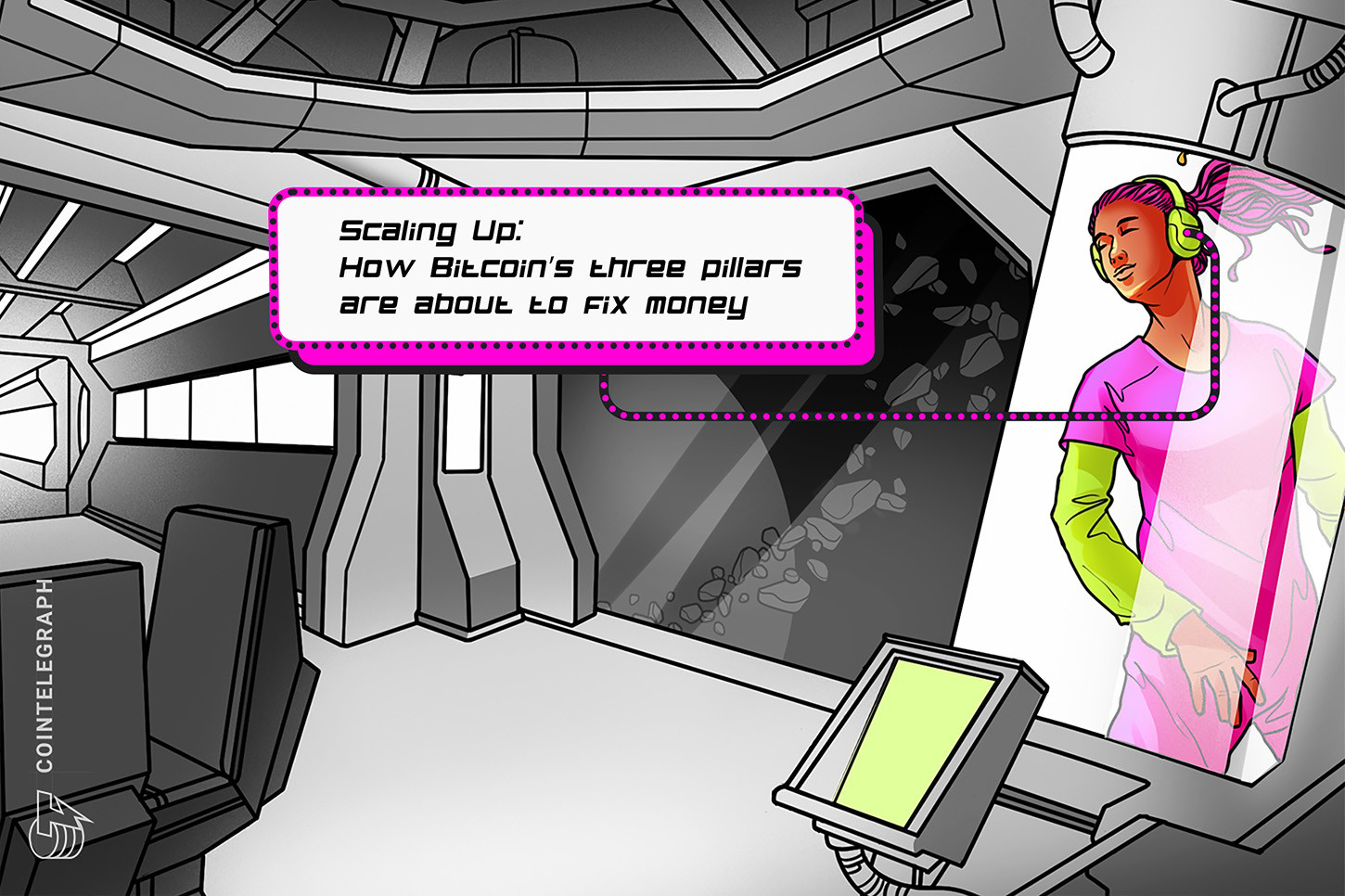Bitcoin wasn’t supposed to just sit still.
When Satoshi Nakamoto released the white paper in 2008, it wasn’t a blueprint for digital gold; it was a peer-to-peer cash system. But fast-forward to today, and Bitcoin’s biggest critics and supporters alike often agree on one thing: It doesn’t really work like money, at least not yet.
In the latest episode of The Clear Crypto Podcast, hosts Nathan Jeffay and Gareth Jenkinson speak with Eli Ben-Sasson, the co-founder of StarkWare and one of the leading minds in cryptographic scaling. His message? That might be about to change.
Bitcoin’s three pillars
Ben-Sasson lays out a compelling framework for how Bitcoin can evolve — not by abandoning its principles, but by scaling them. He describes three core pillars that need to align in order for Bitcoin to fulfill its promise.
Broadness, integrity and verifiability, according to Ben-Sasson, are concrete, technical targets for Bitcoin’s widespread adoption and useability. Not only that, but the tools to hit these targets already exist.
The reintroduction of a long-dormant opcode, OP_CAT, could be the first domino. “Nine lines of code,” he said, “that would make Bitcoin programmable again.”
Store of value or economic backbone
Right now, Bitcoin is often described as digital gold, a pristine, untouchable store of value. But Ben-Sasson wants to see it function more like a digital economy: permissionless, inclusive and usable in everyday transactions. That means rethinking what Bitcoin is for and upgrading how it works.
“If we don’t make Bitcoin more useful, we risk making it irrelevant.”
The conversation touches on everything from the politics of Bitcoin governance to the role of zero-knowledge proofs and layer-2s in building scalable, decentralized systems.
Related: Jack Dorsey pushes Signal to adopt Bitcoin payments
It also explores what it would take to build money that works for everyone, not just the technically elite or financially privileged.
“We are not in a situation where Bitcoin is a system that today can allow any two parties to transact without any trusted intermediary. We're simply not there. To me, that's the start, middle and end of of the reason why things need to change.”
To hear the full conversation on The Clear Crypto Podcast, listen to the full episode on Cointelegraph’s Podcasts page, Apple Podcasts or Spotify. And don’t forget to check out Cointelegraph’s full lineup of other shows!
Magazine: SEC’s U-turn on crypto leaves key questions unanswered


